
Since the world is so interconnected, firms are no longer geographically tied. The magnet of emerging markets, diversified skills, and wider customer bases is drawing firms to do business abroad. Yet regardless of how alluring cross-border possibilities may be, they typically come with an arch-nemesis: double taxation. picture this: earning a profit in a foreign country, paying tax in the foreign country, and then also paying an additional tax on these same gains in your own home country. Nightmare, right? That's where the Double Taxation Avoidance Agreement (DTAA) is useful as an essential enabler of effortless cross-border business and investment.
What Actually is a DTAA?
In summary, a DTAA is a two-country tax treaty. Its main purpose is to prevent or reduce the incidence of income being taxed twice in two countries. Double taxation would be an efficient deterrent against companies conducting international business without such arrangements in place. The agreements are not solely about preventing a double tax punch; they also aim to facilitate economic cooperation, prevent evasion, and introduce certainty and clarity to international taxation matters.
Think about it like this: Without a DTAA, you're like a board game in which you pay the bank twice for each square you land on – once for landing on it, and a second for possessing money. A DTAA keeps it all in order, dictating which "bank" can charge what and keeping you from being fined for getting your pieces across the board.
The Unsung Hero of Foreign Expansion
For international trade companies, the relevance of a DTAA cannot be more important. This is why it's a vital instrument for anyone desiring to venture abroad:
Saving Your Hard-Earned Money (Literally!): This is the most obvious and easiest benefit. DTAAs prevent the same income from being double-taxed in the source state where the income is generated and the residence country (where the company is based). This can be achieved by several methods, including:
1. Exemption Method: There can be certain types of income which can be exempted from taxation in either state.
2. Credit Method: The source country tax paid can be credited against the residence country tax liability. This makes the total tax burden lower by an amount.
3. Lower Withholding Tax Rates: DTAAAs normally have lower withholding tax rates for passive income like dividends, interest, and royalties, reducing substantially the cost for companies. Take the example of foreign subsidiary remitting dividend to parent. There could be substantial withholding tax without DTAA. The DTAA reduces the rate substantially so more profit can be repatriated.
4. Predictability and Legal Certainty: Uncertainty is the very last thing any business desires in the complex world of cross-border global taxation. DTAAs introduce certainty, defining taxing rights over various types of income. It allows certainty to financial plan and activities by businesses, reducing the likelihood of unexpected tax costs or lawsuits. Having full knowledge of how profit would be taxed allows better financial modeling and investment decisions.
5. Sustaining Foreign Direct Investment (FDI): By reducing tax liabilities and ensuring certainty in law, DTAAs render a country a more favorable destination for foreign capital to invest in. Capital would be more readily invested if investors are certain that their profits would not go to waste due to double taxation. This implies more FDI, jobs, and economic growth in both countries. Both countries are the gainers: the investing country gets the capital, and the country where one is investing gets a higher return on foreign investment.
6. Facilitating Cross-Border Trade and Services: Excessive taxes threaten to dry up cross-border trade. DTAAs remove the obstacle, which renders cross-border transactions, importing, and exporting goods and services cheaper and more appealing for firms to conduct cross-border transactions, import, and export goods and services and build global supply chains. It creates a stronger world economy.
7. Combating Tax Evasion: While the main focus remains on legal practices, exchange information provisions tax authority-to-tax authority also exist in DTAAs' legislation. The sharing thereof serves to combat tax evasion and makes sure that taxpayers are not utilizing cross-border loopholes to avoid paying their taxes. It promotes a transparent and equitable global tax culture.
More Than the Basics: Navigating the Fine Print
One should recall that all DTAAs are not the same. They vary as far as coverage and regulations are concerned, addressing different sources of income and using varying types of relief. They can be "comprehensive" (addressing almost all sources of income) or "limited" (addressing a specific industry like shipping or aviation). It is therefore vital that companies:
- Understand the Specific Treaty: Don't assume. Always refer to the specific DTAA between countries you're working in. The devil is in the details.
- Obtain a Tax Residency Certificate (TRC): In order to avail oneself under a DTAA, companies typically have to provide a TRC from their home country to establish their tax residence.
- Consult Expert Professionals: Cross-border taxation is complex. It is advisable to consult professional taxation professionals who are experienced in cross-border taxation to avoid hassles and get the most out of it. They will be able to walk one through complexities, demystify special clauses, and arrange proper documentation.
The Ever-Evolving Landscape
International taxation is a fast-evolving field. Initiatives like the OECD's Base Erosion and Profit Shifting (BEPS) action and joining the Multilateral Instrument (MLI) aim to enhance DTAA as stronger and more effective in combating prevalent tax avoidance measures and ensuring transparency. It is thus making it obligatory for businesses to track change and treaty renegotiation that could impact business.
Conclusion
For any business with aspirations beyond its home soil, the Double Taxation Avoidance Agreement is not a treaty; it's a cornerstone of foreign business. It costs less, provides a highly valued degree of certainty, and is a powerful catalyst for global growth and global economic prosperity. With prudence and judicious utilization of these agreements, cross-border companies can enter the global tax labyrinth confidently and open a whole world of potentiality. So if your dreams are globalization, make sure your tax strategy possesses a realistic understanding of the DTAA – it is your ticket to claiming international business success without borders.
Recent Posts
-
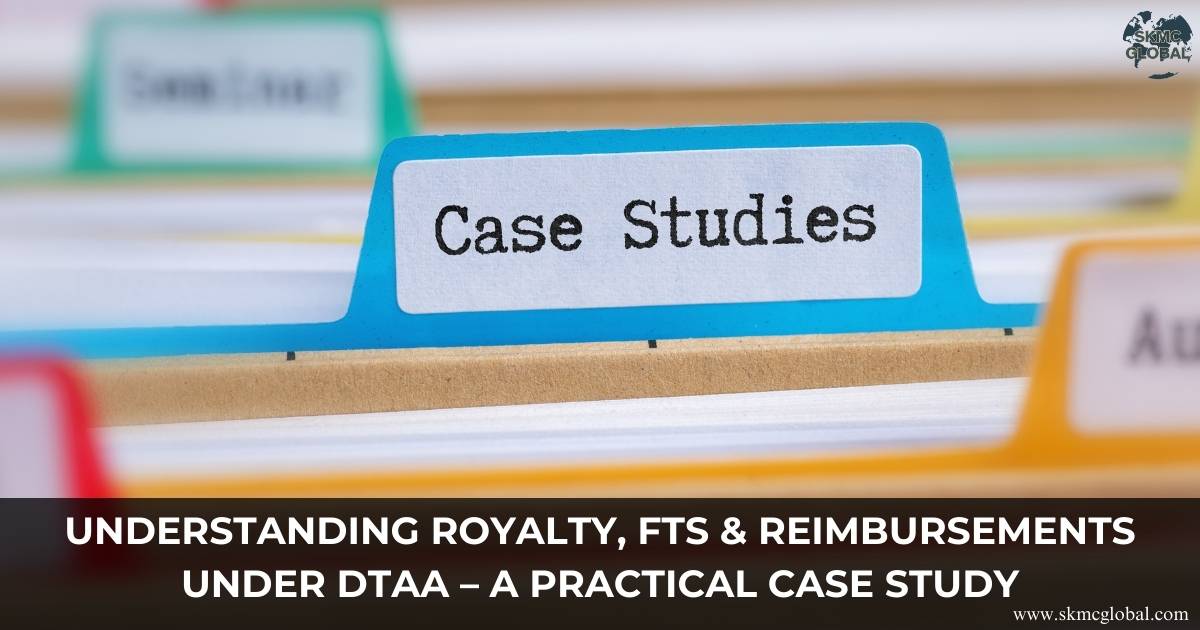 Understanding Royalty, FTS & Reimbursements under ...
Feb 10,2026
Understanding Royalty, FTS & Reimbursements under ...
Feb 10,2026
-
 ITAT Hyderabad Ruling in Nippon Koei Co. Ltd: Key ...
Feb 07,2026
ITAT Hyderabad Ruling in Nippon Koei Co. Ltd: Key ...
Feb 07,2026
-
 Supreme Court’s Tiger Global–Flipkart Tax Ruli...
Feb 06,2026
Supreme Court’s Tiger Global–Flipkart Tax Ruli...
Feb 06,2026
-
 Transfer Pricing Cannot Be Applied in Abstract Det...
Feb 04,2026
Transfer Pricing Cannot Be Applied in Abstract Det...
Feb 04,2026
-
 Ruling on Corporate Guarantee & SBLC: Major Relief...
Jan 19,2026
Ruling on Corporate Guarantee & SBLC: Major Relief...
Jan 19,2026
-
 Functional Profile is utmost important for Transfe...
Jan 16,2026
Functional Profile is utmost important for Transfe...
Jan 16,2026
-
 Whether ESOP and regulatory charges to be treated ...
Jan 12,2026
Whether ESOP and regulatory charges to be treated ...
Jan 12,2026
-
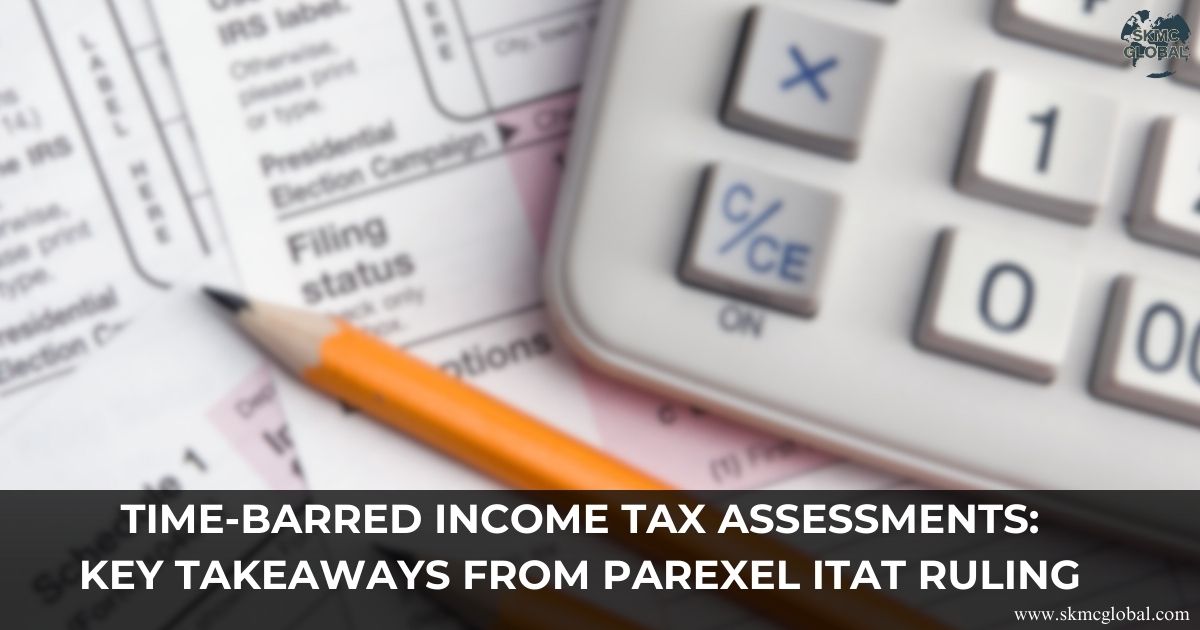 Time-Barred Income Tax Assessments: Key Takeaways ...
Jan 09,2026
Time-Barred Income Tax Assessments: Key Takeaways ...
Jan 09,2026
-
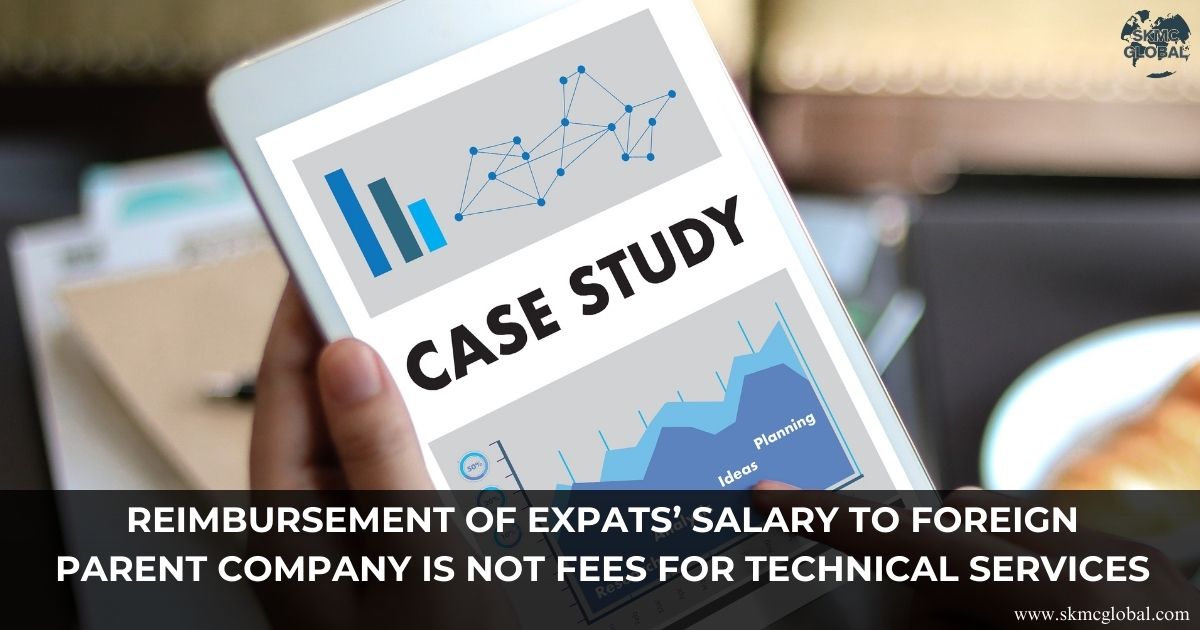 Reimbursement of Expats Salary to Foreign Parent C...
Jan 08,2026
Reimbursement of Expats Salary to Foreign Parent C...
Jan 08,2026
-
 GSTR-9C: The Reconciliation Statement for Larger B...
Nov 25,2025
GSTR-9C: The Reconciliation Statement for Larger B...
Nov 25,2025
-
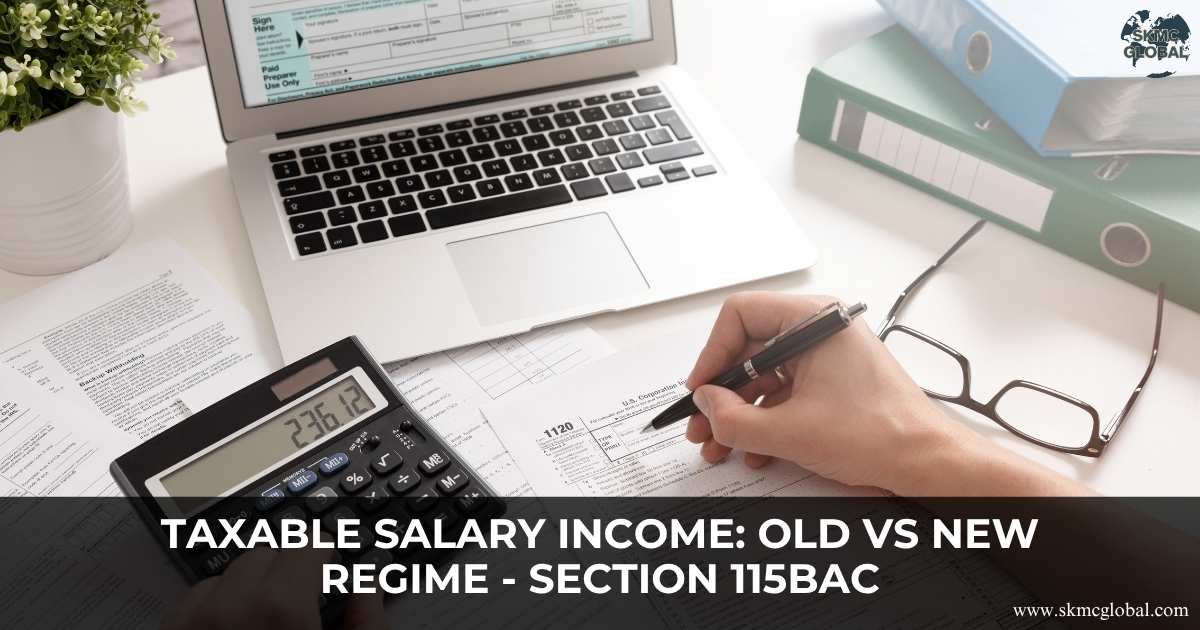 Taxable Salary Income: Old vs New Regime - Section...
Nov 13,2025
Taxable Salary Income: Old vs New Regime - Section...
Nov 13,2025
-
 Understanding Foreign Dividend Income Taxation...
Oct 21,2025
Understanding Foreign Dividend Income Taxation...
Oct 21,2025
-
 A Guide on Income Tax Scrutiny Assessments...
Oct 17,2025
A Guide on Income Tax Scrutiny Assessments...
Oct 17,2025
-
 Claiming Tax Credits under Double Taxation Avoidan...
Aug 28,2025
Claiming Tax Credits under Double Taxation Avoidan...
Aug 28,2025
-
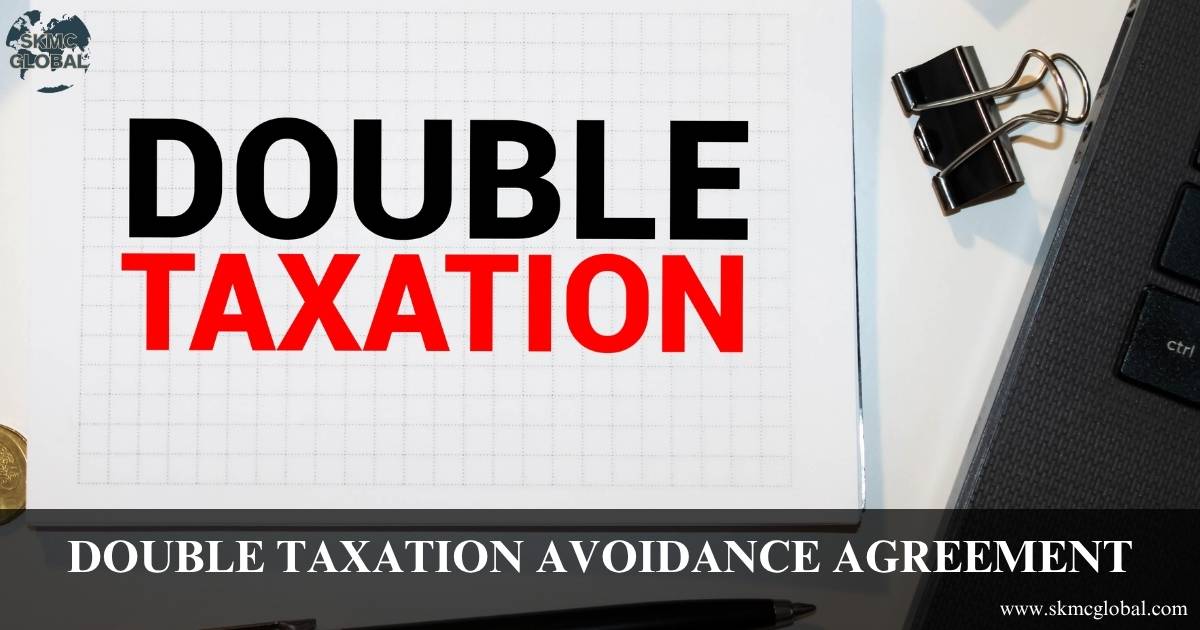 Relevance of Double Taxation Avoidance Agreement f...
Jul 19,2025
Relevance of Double Taxation Avoidance Agreement f...
Jul 19,2025
-
 Understanding APAs Under Indian Income Tax Law: Pr...
Jun 23,2025
Understanding APAs Under Indian Income Tax Law: Pr...
Jun 23,2025
-
 A guide to permanent establishment risks for globa...
May 16,2025
A guide to permanent establishment risks for globa...
May 16,2025
-
 E- Commerce-Challenging Transactions Without Borde...
Mar 20,2025
E- Commerce-Challenging Transactions Without Borde...
Mar 20,2025
-
 Form 10F...
Mar 04,2025
Form 10F...
Mar 04,2025
-
 THE NEW INCOME TAX BILL, 2025...
Feb 24,2025
THE NEW INCOME TAX BILL, 2025...
Feb 24,2025
-
 TDS Amendments...
Feb 14,2025
TDS Amendments...
Feb 14,2025
-
 What is an Income Tax Clearance Certificate (ITCC)...
Oct 02,2024
What is an Income Tax Clearance Certificate (ITCC)...
Oct 02,2024
-
 Introduction to Cross-Border Taxation...
Apr 13,2022
Introduction to Cross-Border Taxation...
Apr 13,2022
-
 The Importance of Transfer Pricing for Multination...
Mar 16,2022
The Importance of Transfer Pricing for Multination...
Mar 16,2022
